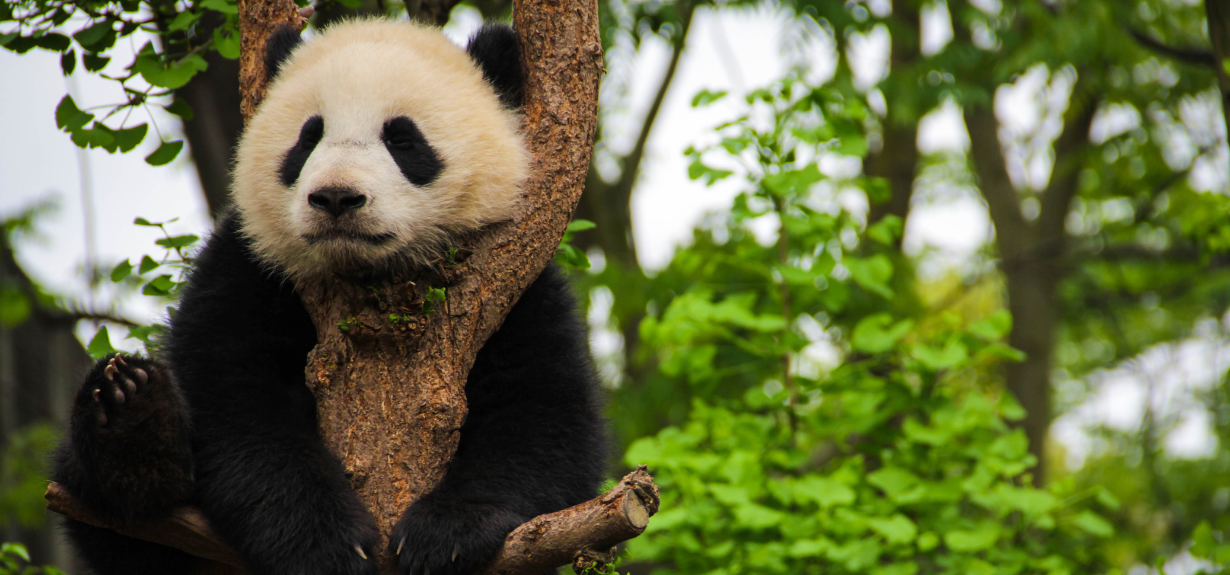War in Israel and Gaza. Deadly earthquakes in Morocco, Afghanistan, and Nepal. War in Ukraine. Floods in Libya and an “air-pocalypse” in India. It feels as though diplomacy is dying; even the giant pandas are leaving, a symbolic ending to a decades-long relationship between the U.S. and China. There are many reasons to grieve right now and seemingly just as many reasons to avoid international travel… but should we?
I bring up the giant pandas not to make light of these undeniably uncertain times but to share my personal story about global connection. The first panda I met was Hua Mei, who was perhaps the most famous panda in the world when she became the first to be bred and survive in captivity outside of China. My childhood love of Hua Mei led me to travel to China soon after she was sent to her homeland. I volunteered at the Sichuan sanctuary where she and her many offspring lived out the rest of their lives. This trip instilled a deep love of Chinese culture in me. It was the catalyst for me to learn Mandarin, become an Asian Studies scholar, and later work as a guide in China, taking students from around the world to visit the giant pandas.
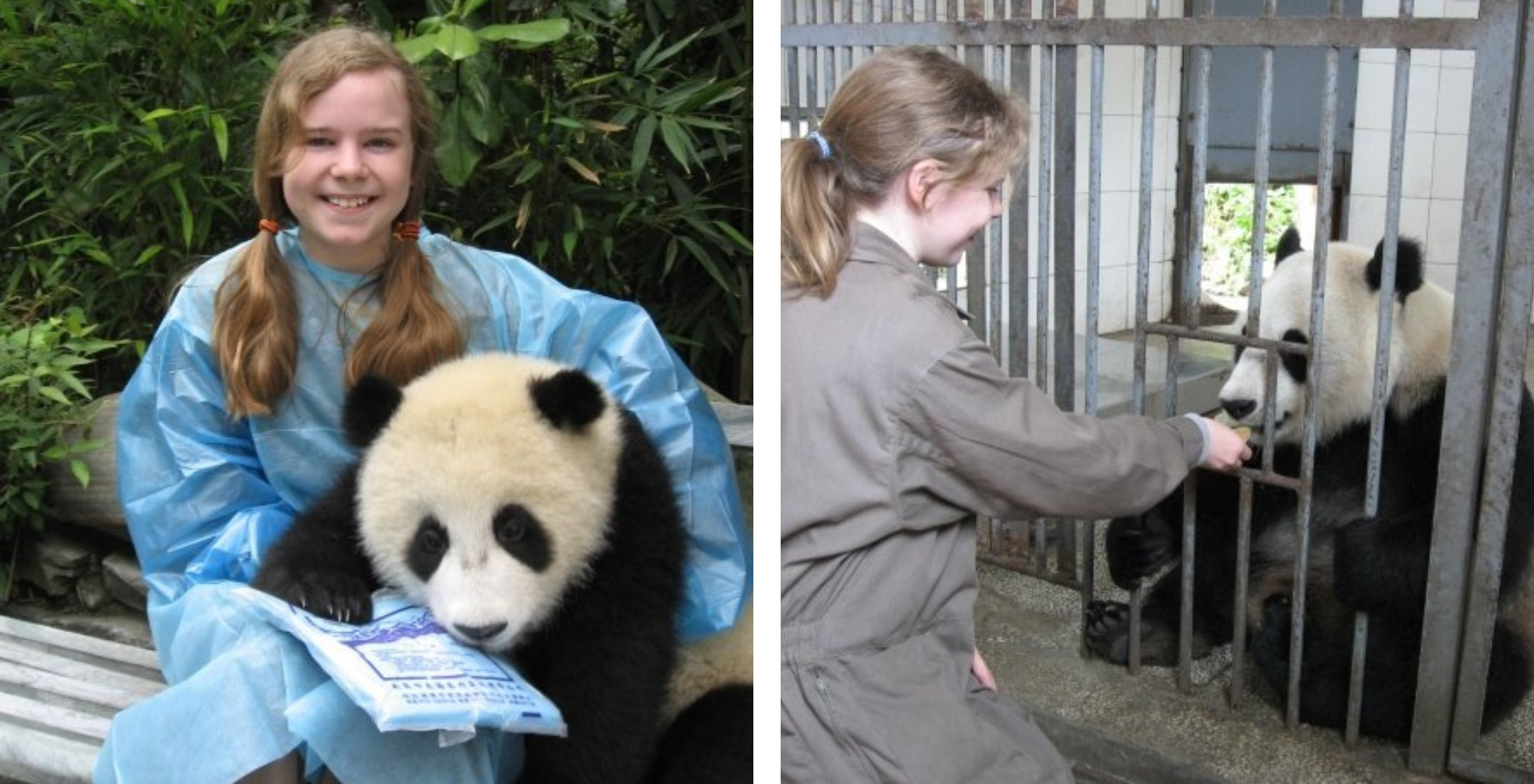
At the same time, “panda diplomacy” was a thriving global business venture that brought China $1 million per year per panda living abroad. Pandas became the face of the World Wildlife Fund and animal conservation as a whole, bringing in funds that would benefit not only the pandas themselves but also other species who were just as endangered but less adorable, thanks to their lack of fluff and hilariously helpless nature. In 2016, giant pandas were removed from the critically endangered species list, making China’s breeding program––though far from perfect––one of the most successful conservation efforts in human history. It also serves as one of the most dynamic examples of how traveling the world with peaceful intent can save lives.
While this may be the least critical of the world’s current problems, it strikes a chord with me. Perhaps there is something to be said about the way traveling pandas were able to build common ground among historical enemies. For me, ten minutes with a panda at the San Diego Zoo led to years of work in China, meeting hundreds of people who would change my life, and a profound connection to a new place. I would not be who I am today without the pandas who turned something foreign into something deeply familiar. I may sound hyperbolic, but I believe this is true: in order to appreciate difference, you must be exposed to it, and travel is like exposure therapy.
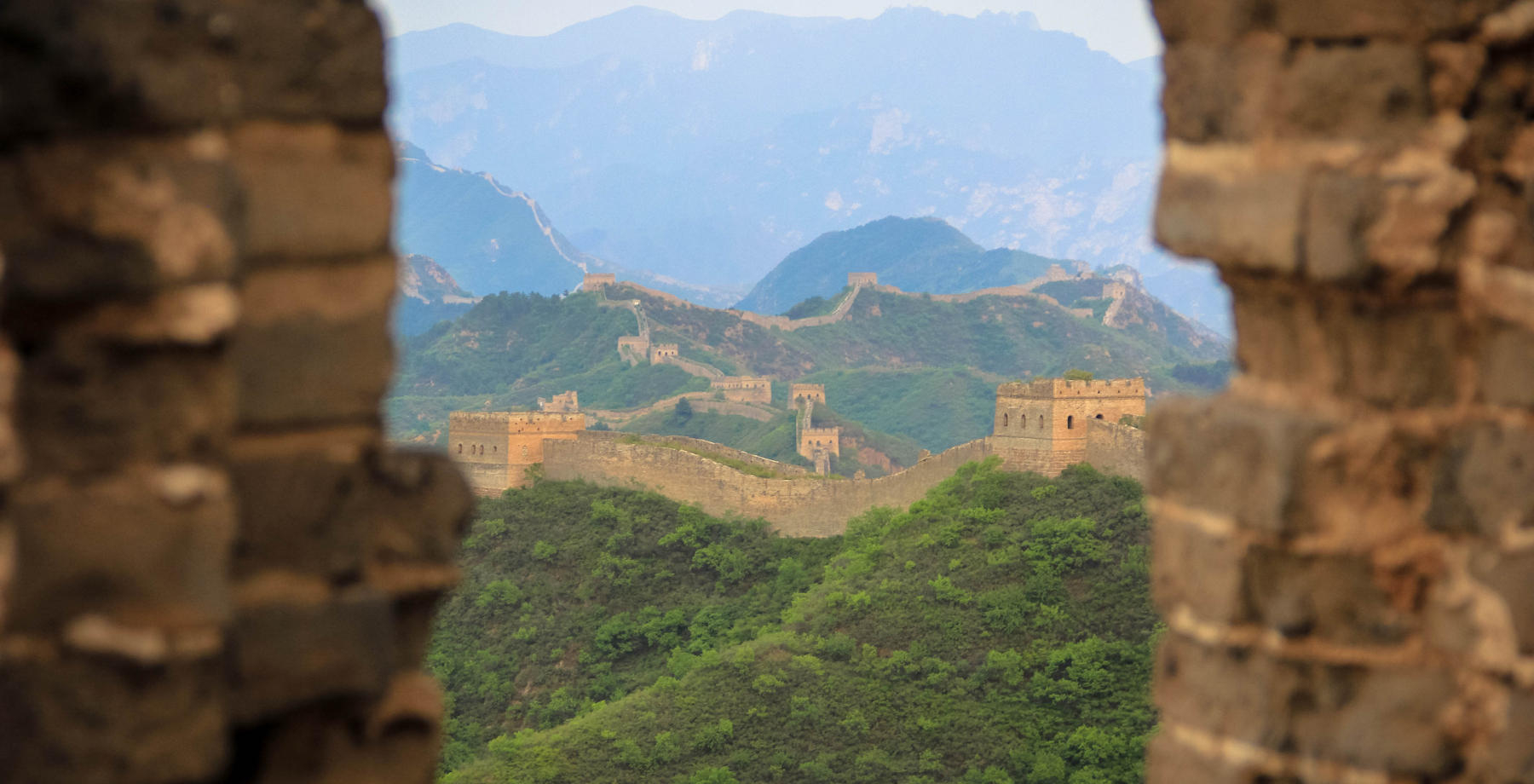
Currently, U.S. citizens are advised to exercise “worldwide caution” due to global tensions. While we should take precautions and ensure that we make informed decisions to maintain our own health and safety, it is also important to recognize the difference between caution and fear and make sure that we don’t let one become synonymous with the other. Fear is what creates stereotypes and misinformation, just as the Israel-Hamas War has led to both increased antisemitism and Islamophobia among Americans. But cautious, thoughtful travel can allow us to challenge our fear.
Our team at Elevate Destinations recently attended a workshop on tourism and conflict, where travel industry leaders working in conflict zones shared their perspectives on the current state of travel. One speaker, Sergii Mernyi, founder of Chornobyl Tour, called tourism a “synonym for peace.” Tourists––especially Americans––have the power to go to a destination and show that it is safe. This simple act can change perspectives on a global scale, healing the wounds of war and reviving regions impacted by economic hardship.
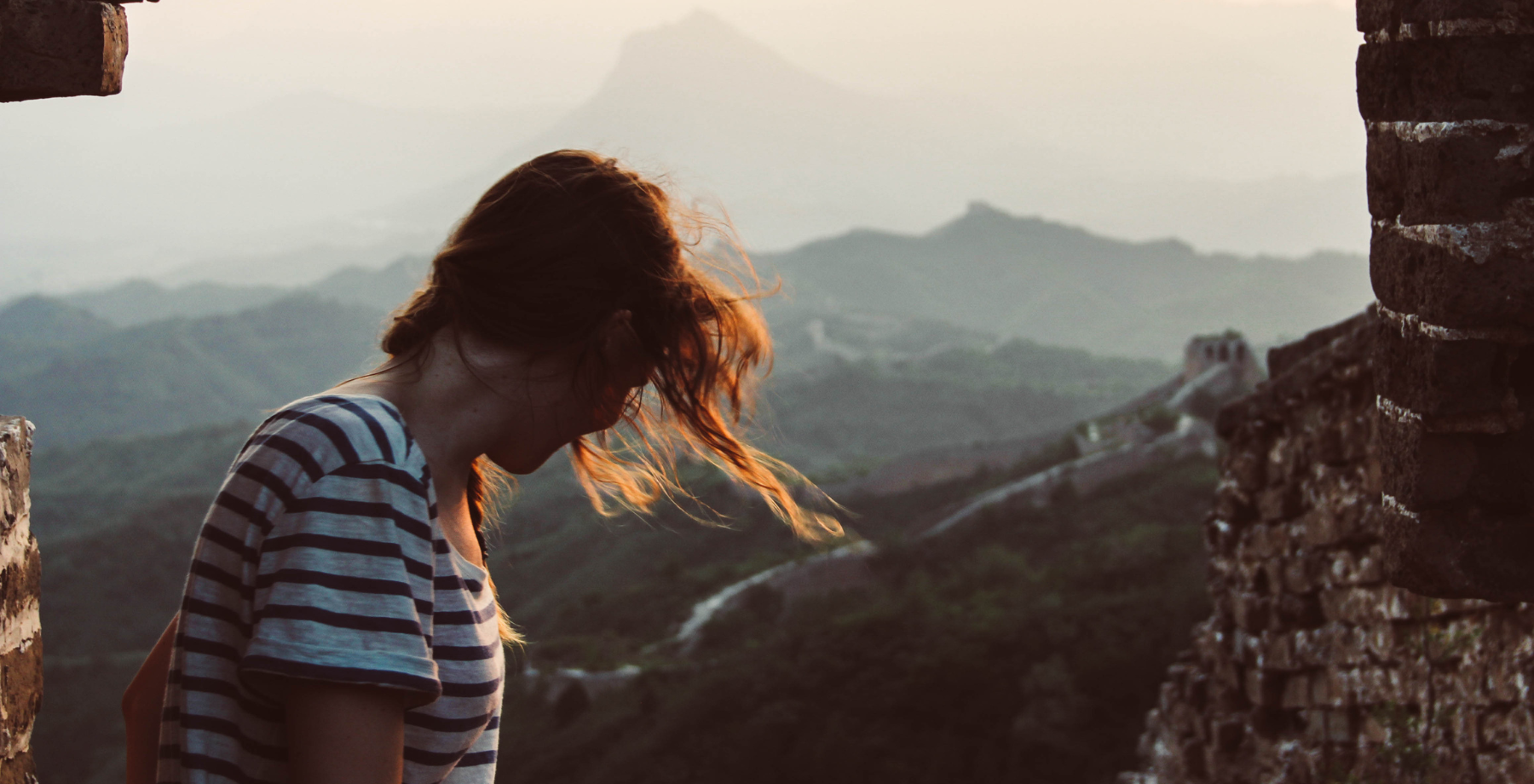
Another speaker from this workshop spoke of the rising number of American tourists in Vietnam, a country that was at war with the U.S. less than 50 years ago. Through travel and the connections we make to locals while traveling, we have the privilege to learn how to separate a people from their conflict. When we return, we can not only “leave” an impact on the place we traveled to but also spread an impact to our community at home.
Sharing stories of our own travels with those closest to us can break down the barriers that exist in war-torn and isolated generations. It is more important than ever to hear stories that humanize the people who live differently from us. We as humans are more likely to care about the things we know––the giant pandas we’ve seen doing silly things at the zoo or on TV––than what is unfamiliar to us. When we open ourselves up to people and cultures who are different from us, we are more likely to be kind to one another. We are more likely to work together during uncertain times.
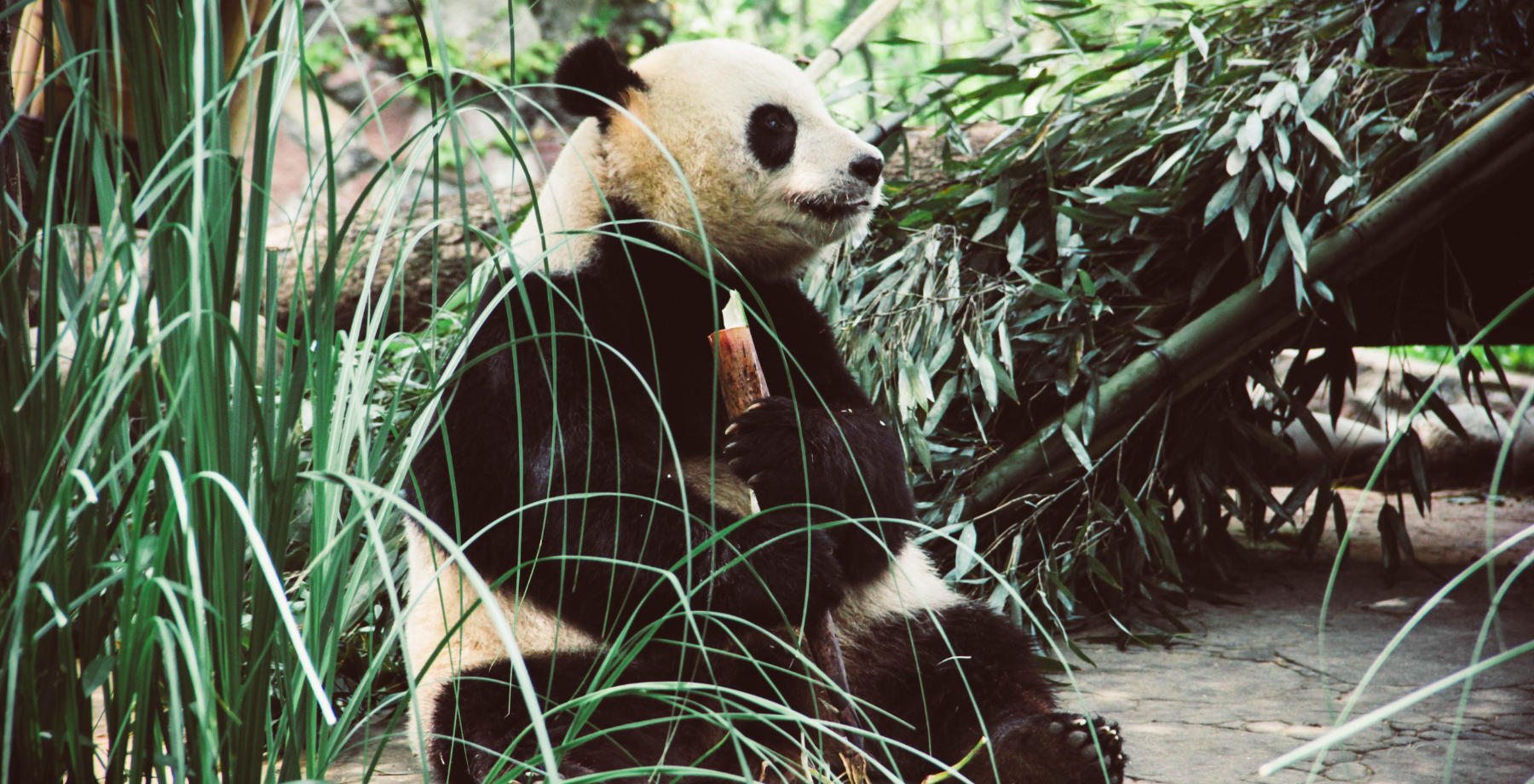
So, to answer the question, should we avoid international travel right now? No, we shouldn’t. Right now, travel is the exact kind of exposure therapy we need.
Posted Nov. 11, 2023
